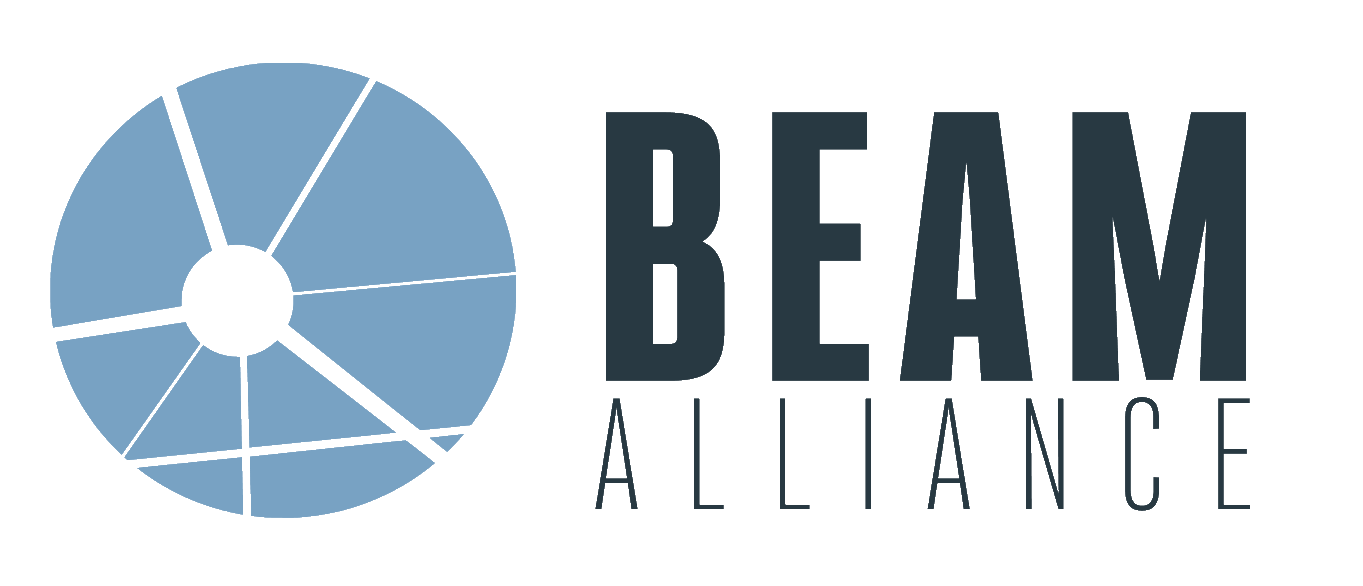DEINOVE, ESPCI Paris and INRAE awarded grant following the call for proposals of the French “Antibiotic resistance” Priority Research Program

- The Microflu4AMR project, based on microfluidic technology and the exploitation of soil microbial diversity, will enable the search and selection of active molecules to meet the challenges of antibiotic resistance
- The French ANR will fund the project’s academic partners with a €2M grant
DEINOVE (Euronext Growth Paris: ALDEI), a French biotech company pioneering the exploration and exploitation of bacterial biodiversity to address the urgent and global challenge of antimicrobial resistance, announces that it has been selected with ESPCI Paris1 and INRAE2 for a project financed by the French National Agency for Research (ANR) through a 2 million euros grant, following an extremely competitive selection process.
The Microflu4AMR project is one of the 11 winners selected – out of over 130 applications – within the national priority research program (PRP) on antibiotic resistance by an international jury chaired by Professors Herman Goossens, Benedikt Huttner, Rafael Canton and comprising 25 world-class experts.
Microflu4AMR is complementary to DEINOVE’s Deinodrop and Boost-ID projects, the latter of which was recently selected as part of the France Relance call for proposals (where 10% of industrial projects were selected).
Boost-ID and Microflu4AMR were submitted under separate calls for proposals, with independent, demanding, and highly selective evaluation processes. The evaluations reached the same conclusion: the microfluidic technology developed by DEINOVE is considered by the scientific and industrial community as a major asset for the screening and identification of new therapeutic solutions from bacterial biodiversity.
Antibiotic resistance has become a major public health emergency that is now mobilizing the entire international community , and of course France. Discovery of new antibiotics is therefore crucial to address this urgent challenge.
In this regard, the Microflu4AMR project will actually:
1. Increase knowledge on soil microbial communities allowing the analysis and selection of soil samples based on their potential for the discovery of new active antibiotic molecules,
2. Develop and implement a high-throughput system at the single-cell level for the sorting of antibiotic-producing bacteria from the aforementioned pre-selected soil samples.
“We are delighted to have been selected as part of the highly demanding Antibiotic resistance program and to be able to pursue our technological developments in microfluidics with the prestigious teams at ESPCI Paris and INRAE”, said Alexis Rideau, CEO of DEINOVE. “Combined with DEINOVE’s cutting-edge expertise in synthetic biology, microfluidics open up tremendous opportunities for screening at an unprecedented rate (with a throughput of up to one million bacteria tested per hour), whilst drastically reducing costs (reagents) and environmental impact (plastics)”.
Full PR available here

